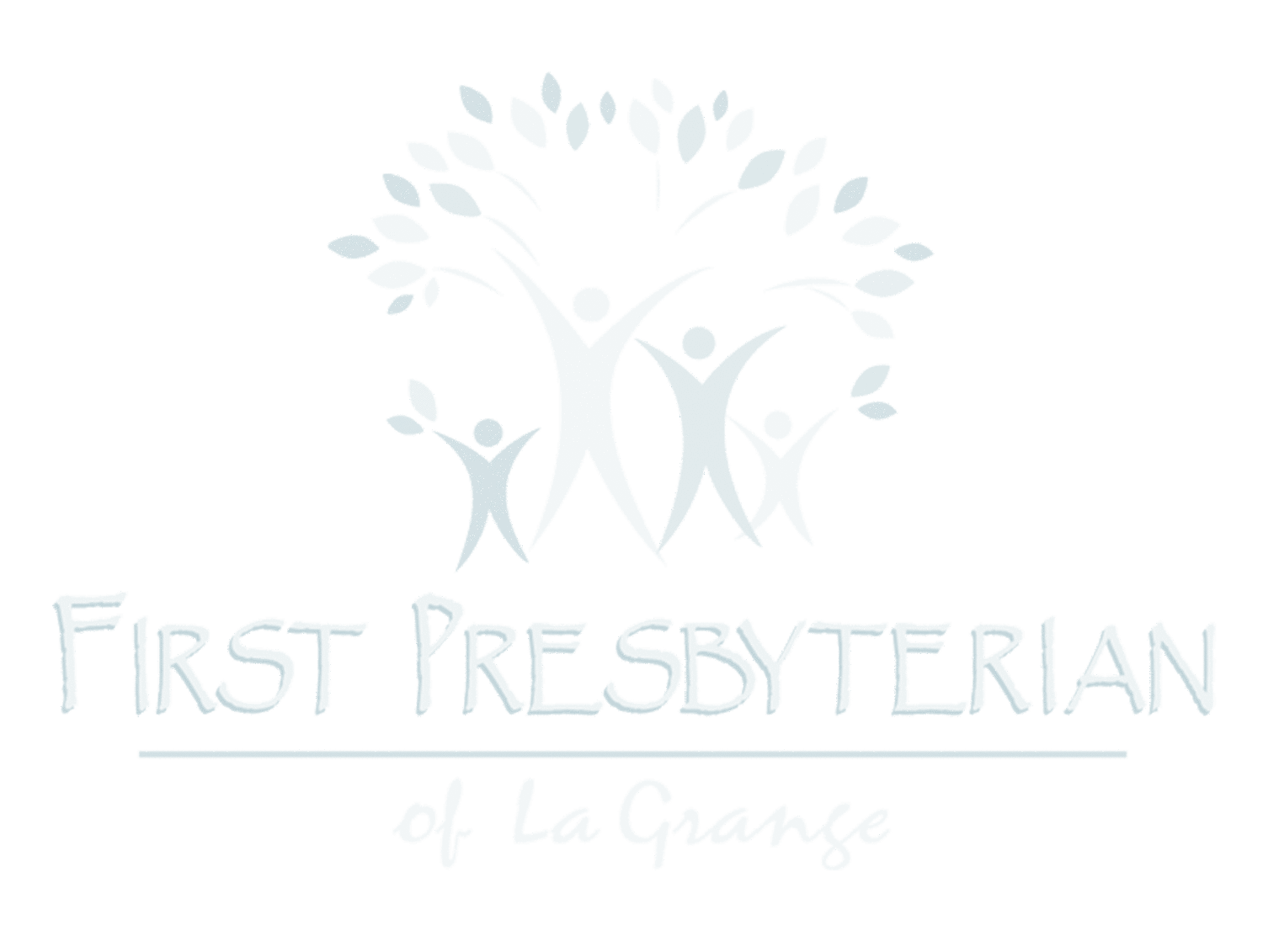Dear Patient People:
My former primary care physician and I used to have wonderful conversations about philosophy and human nature. Unfortunately, he always had the advantage. It’s hard to feel profound in a paper hospital gown when your debate partner is wearing dress pants, tie and lab coat; but our consultations were stimulating nonetheless.
One particular discussion, after he had completed the orders for my hernia surgery, regarded the human tendency to commit to an idea without regard for the facts. My doctor, whose area of research was about the discipline of clinical diagnosis, believed that the single greatest cause of malpractice and waste in the medical profession was loyalty to a wrong diagnosis. He knew for a fact that he had ordered additional tests, rendered unnecessary by a previous test’s results, because his ego would not bow to the data without overwhelming and repeated proof. The unshakable desire to affirm an opinion based on guess overshadowed his purported belief in scientific method. It was easier to assume the lab screwed up than to suggest that his original suspicion was wrong.
Loyalty to our uninformed selves deteriorates more fields than just medicine. Most arguments are sustained not because equally defendable propositions are at odds, but because of a human unwillingness to stand-down in light of the facts. Daniel Patrick Moynihan (d. 2003), a Democratic Senator from New York, used to say, “Everyone is entitled to his own opinion, but not to his own facts.” [Moynihan, a Naval officer who had studied at the London School of Economics as a Fulbright Scholar and went on to earn a PhD in history from Tufts University, was the only American to serve in the cabinet or subcabinets of four consecutive presidents. It’s hard to recall the days when scholarship and experience were honored in American politics.]
Unfortunately, Moynihan’s presumption that facts and opinion are somehow separable sounds naive in today’s public echo-chamber of endless assertion. I find myself flinching to defend my initial diagnoses of family, church, political climate or sports team without any consultation from laboratory, research or expertise. Data and analysis become enemies of thought, and I am quick to dismiss any evidence against my case as full of sample-bias or methodological flaw. My point is to win the debate, not discover the truth. Whenever I am distracted by my own unsubstantiated opinion, I engage in malpractice; but as long as I hunker down with like-minded fools, I am safe from prosecution.
My physician was training new clinicians to distrust their first impulse, the beginning of the scientific method. He told his young residents to take what you think a condition might be and attempt to disprove it. Only after it has withstood clinical opposition should you move forward with your diagnosis.
I only wish the good doctor were training parents, politicians, preachers and me.
Aspiring to discover I’m wrong before you catch my malpractice, I remain,
With Love,
Jonathan Krogh
Your Pastor











Dear Musing Meanderers:
I’ve mentioned before how I seldom provide my sermons in print. This is due primarily to the fact that I believe oral and written communications are very different dialects. What listens well seldom reads well, and vice versa. But from time to time, I believe some sermon or meditation lends itself to essay form; such is the case with my Good Friday meditation from our ecumenical service this past April 18 at Plymouth Place.
What follows is a textual re-working of my remarks that evening. I trust it’s readable and is of some edification to you as you reflect on this year’s Holy Week.